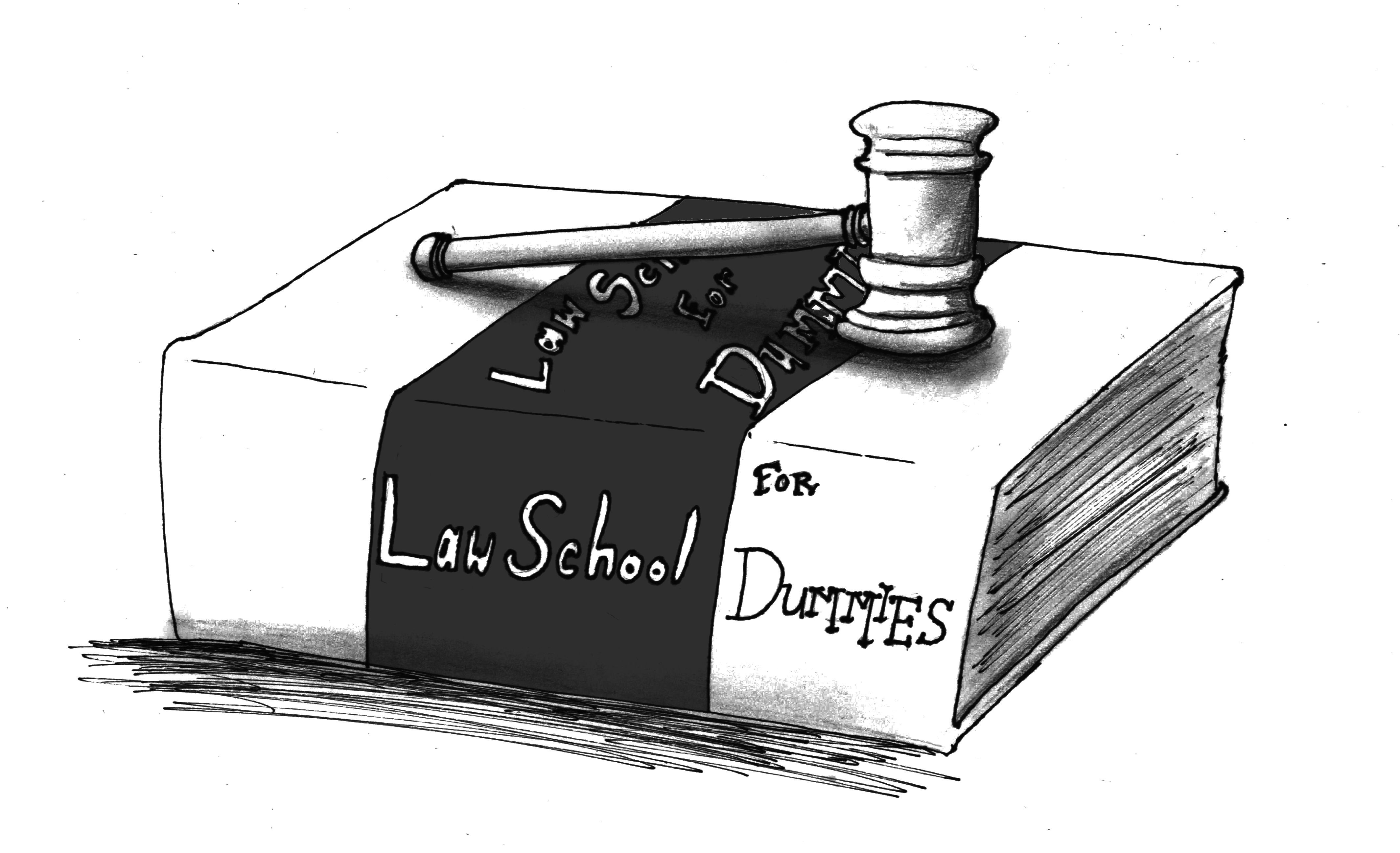
“Should I go to law school?”
By the time students ask this question, they have usually given it a lot of thought. But they often approach the question abstractly, appealing to a well-worn list of pros and cons.
I do not answer this question for them, and I cannot answer it for you. However, if you are considering law school, I can offer you a series of concrete steps to help you make the right decision. Law school is expensive and time-consuming. The opportunity costs are huge. The burden is on you to show that it is the right fit.
Here’s how: First, read two law school textbooks (“casebooks”), one in a substantive area that you find intrinsically interesting, and another in a subject area that you find inherently uninteresting. The casebook on the “intrinsically interesting” subject should be really interesting, meaning that you cannot wait to finish your other work so that you can keep reading it. You must find it exciting, important, even beautiful. You must find yourself arguing with the casebook author and boring your non-lawyer friends. As for the textbook on the “intrinsically uninteresting” subject, you are allowed to still find the subject matter dull after finishing it. However, you must nonetheless find something appealing in the reasoning or method of analysis involved. To be a lawyer, it is the process, the way of thinking that you must find compelling: The subject matter is secondary.
Second, work for a lawyer who represents individual clients. The substantive area of law does not matter as much as the process, particularly if you work with people who really need legal services. Either you derive joy from using legal tools to help people feel less desperate, less frightened, less hopeless, or you don’t. Sometimes students come to me and say that they want to study law, but not practice. For those students, this step in the process is especially important. Law is an applied discipline. If you want to be a law professor, a legislator or a judge you still need to understand how the law works — and does not work — for real people. One or two summers working for a lawyer will tell you what you need to know.
Third, when you help represent individuals, make sure that you are more interested in resolving legal problems than in addressing the other challenges they face. Many students mistakenly choose law when what they really wanted to do was social work, psychology, medicine or business. The question is not “Which problem is more pressing?” or “Which job is more important?” The question is: At both an individual and a macro level, which tools do you want to use to help solve these challenges? If you want to be a lawyer, it should be the structural and systemic issues you see in your individual cases that keep you up at night. You should be obsessed with questions of “Who decides and how?” You should start to see the law in places, big and small, that you had never noticed it before, and you should start to think deeply about how you could make it better.
Finally, read legal memoirs. You can start with Bryan Stevenson’s “Just Mercy” but there are many others. To be a good lawyer, you need to have a high tolerance for detail, for needle-in the-haystack searching, for the slow, steady piecing together of evidence: You are more historian or journalist than philosopher. Cases are won or lost — deals stick or crumble — on the facts. Casebooks and undergraduate law classes are helpful but can mistakenly lead students to believe that it is only the law that matters. Yes, you have to like the law — find it beautiful, even — but you have to love evidence, facts, data, documents. Legal memoirs will help give you a sense of whether you would like the daily, painstaking work of legal practice.
If you go through these steps and discover that you do not want to be a lawyer, fear not. Perhaps you are destined to become a teacher, a coach, an entrepreneur, a psychologist, a religious leader, a scientist, a nurse. There are many ways to do right in this world. All you have to do is find the one that is right for you.
Alexandra Dufresne is a lawyer who has taught seminars at Yale in Immigration, Refugee, and Child Law and Policy and former dean of Morse College. Contact her at alexandra.dufresne@yale.edu .







